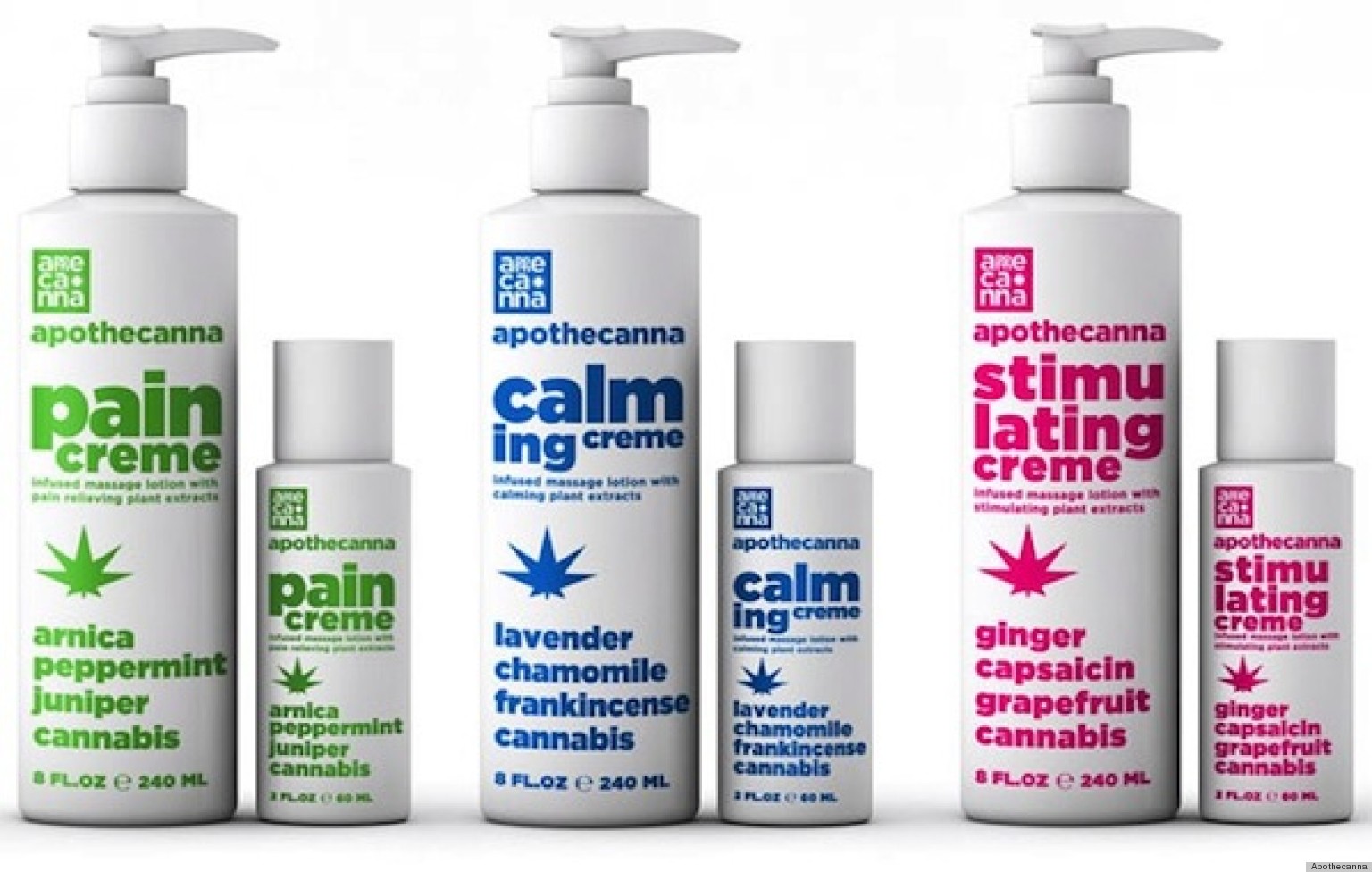Coconut oil is one of the hottest products on the market now.
Similar to kombucha, coconut oil has made a meteoric rise from health food store item to savvy household staple.
Its uses in cuisine are unmatched as an alternative to highly-refined and processed oils like canola oil.
It’s even being touted as a healthy coffee additive to milk or cream.
But the newest use for coconut oil is a surprising one: mouthwash.
The technique is called “oil pulling”, and it’s being touted as an Ayurvedic treatment for a variety of maladies:
• Migraine headache relief
• Correcting hormone imbalances
• Reducing inflammation of arthritis
• May help with gastro-enteritis
• Aids in the reduction of eczema
• May reduce symptoms of bronchitis
• Helps support normal kidney function
• May help reduce sinus congestion
• Some people report improved vision
• Helps reduce insomnia
• Reduced hangover after alcohol consumption
• Aids in reducing pain
• Reduces the symptoms of allergies
• Helps detoxify the body of harmful metals and organisms
The idea is that the oil “pulls” toxins out of the body, which are disposed of when you spit out the oil.
The practice is not new, either. According to Dr. Amala Guha of the University of Connecticut:
using liquids in the mouth for health purposes is mentioned in two ancient Indian Ayurvedic texts (one written in 800 B.C. and the other in 700 B.C.), and the practice is part of one of the oldest health systems in the world.
Dr. Guha outlines the two techniques:
With kavala, you fill your mouth with liquid and hold it there for a couple of minutes before swirling it around the mouth and spitting it out. The process shouldn’t exceed more than three or four minutes; it’s repeated at least two or three times.
Gandusa is the technique of holding the liquid still in the mouth for three to five minutes. The liquid is then spit out and the process is repeated.
So what about the science?
While the American Dental Association has not endorsed oil pulling as a replacement for mouthwash, oil pulling’s benefits have been scientifically shown to improve oral health:
studies showed an overall reduction of bacteria from 10 to 33.4% in participants, and after 40 days of oil-pulling, participants were found to show 20% in average reduction in oral bacteria. Moreover, half of all participants in this case study showed a drastic reduction in susceptibility to dental caries.
Oil pulling was shown specifically to reduce strep bacteria and gingivitis.
Oral plaque and gum disease are known as a cause of heart disease.
The next study should see if oil pulling has any effect on preventing heart disease.
I’ve tried oil pulling, and to be honest, it feels a bit…unusual at first. Coconut oil in particular has a strange texture, managing to be both oily and chunky.
But if you can get past the initial feel and paste-like taste, it actually feels kind of neat, like a massage for your gums.
And afterwards?
Neutralized bad breath and an overall clean feeling, without the alcohol burn of mouthwash or aftertaste.
I tried it for 20 minutes, but Dr. Guha recommends “two sessions of four minutes” for maximum effect.
Since you already have coconut oil in your pantry, grab a teaspoon-full and give it a try!










